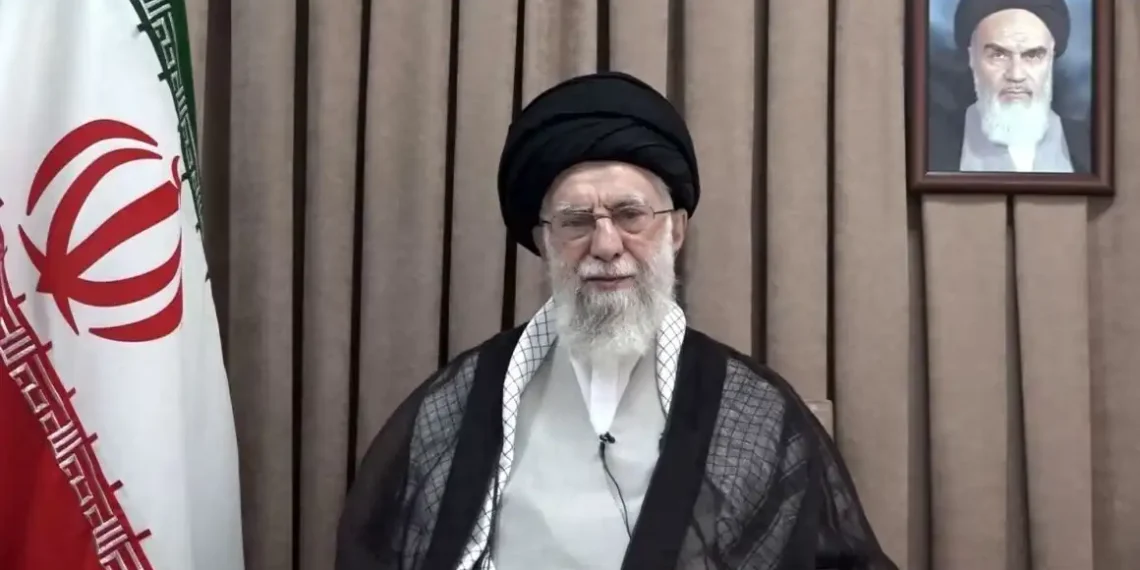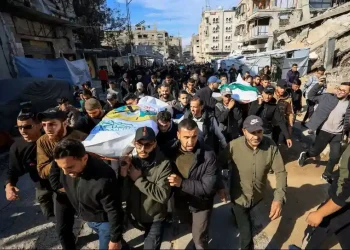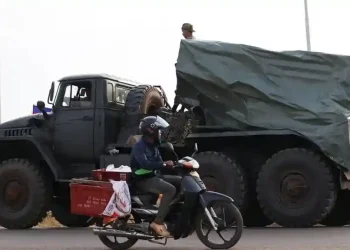Israel Shatters Iran’s Sense of Invincibility—and the Fallout Could Be Just Beginning
For decades, Iran’s leadership projected power across the region, shielding its homeland through a vast web of proxy forces and projecting an image of untouchability. But that aura crumbled in just hours on June 13, when Israel launched an unprecedented series of strikes deep inside Iranian territory—a move that killed hundreds and left both Tehran and the international community reeling.
The attacks, which reportedly killed 627 people, including top nuclear scientists and military leaders, marked a turning point. It was the first time Iran had faced such direct and devastating strikes on its own soil. For many Iranians, it shattered the long-standing belief that—regardless of the turmoil abroad—they were safe at home.
“The Islamic Republic had one social contract with society,” said Ali Vaez of the International Crisis Group. “It deprived them of freedoms in exchange for providing security. That image has now been shattered.”
A Wounded Regime, A Hardened Stance
The strikes didn’t just rattle Iran’s defenses—they struck at the heart of its pride. In the days that followed, Iran’s regime responded with mass arrests, public crackdowns, and tightened domestic controls. At least 700 people have been detained, accused of aiding Israel. Behind the scenes, Supreme Leader Ayatollah Ali Khamenei reportedly went into hiding, not seen publicly since the ceasefire that followed the brief war.
Despite the massive loss of life and leadership, Iran quickly replaced fallen officials and mobilized its security forces, particularly the powerful Islamic Revolutionary Guard Corps (IRGC). Analysts say the IRGC may now emerge with even more authority—especially if the leadership vacuum deepens.
“There’s a strong desire among the Guards to double down—militarize more internally, and possibly even pursue nuclear weapons as a deterrent,” Vaez warned.
The Rise—and Risk—of Reformists
Before the conflict erupted, Iranians had elected Masoud Pezeshkian, a reformist who campaigned on dialogue with the West and a return to diplomacy. Many saw him as a final hope for re-engaging with the global community and reviving the long-stalled nuclear deal.
Pezeshkian has been one of the few government voices to appear publicly since the conflict. He even attended an anti-war protest in Tehran. But his future—and that of Iran’s moderate wing—is uncertain.
Some Iranians now question whether reform can still happen under a system that has become more repressive since the war. Others, while frustrated by the regime, expressed national pride in Iran’s ability to retaliate during the conflict, which included missile strikes on Tel Aviv and other Israeli cities that killed 28 people.
“People feel very nationalistic right now,” said one Iranian man. “The war felt unjustified, but the government handled it well. Still, what happens next is what worries us.”
Hardliners Feel Vindicated
If there’s one clear political outcome, it’s that Iran’s hardliners have been emboldened. For years, they’ve warned that diplomacy with the West was a trap—and now, after Israel’s direct strike and the U.S. joining in, their argument appears stronger than ever.
“In the short term, hardliners are likely to prevail,” said Sina Toossi of the Center for International Policy. “Reformist voices are being marginalized in this climate.”
And while some foreign powers may have hoped the attacks would destabilize Iran’s leadership, the opposite seems true. The regime is wounded—but not broken. And its paranoia may now drive even more aggressive domestic policies.
“The broader lesson is that the Islamic Republic is not invincible,” Toossi said. “But neither is it easily toppled.”
The Fallout for Khamenei
Khamenei, Iran’s Supreme Leader for more than 35 years, now faces unprecedented scrutiny. Long seen as the final word on both domestic and foreign affairs, he’s being blamed—quietly but increasingly—for Iran’s vulnerability.
“He was too cautious when he had to be bold, and too bold when he had to be cautious,” Vaez said. “A lot of blame is being placed on his leadership.”
His silence during the crisis—and the rumors of bunker seclusion—has only added to public unease. Some experts even suggest that, in time, Iran’s entire system of supreme leadership may come under review, as the country weighs what kind of governance can protect it in an increasingly volatile world.
Uncertainty Ahead
Iran’s reformers, moderates, and civil society activists now find themselves in a precarious position. The leadership, badly shaken and increasingly suspicious of internal dissent, may seek to stamp out what it sees as weakness or betrayal.
Abroad, the Iranian opposition remains fragmented, and civil society inside the country is on the defensive.
Meanwhile, Iranians themselves are caught between national pride, fear of repression, and a deep sense of uncertainty.
“We’ve always known change must come from the inside,” said one woman. “But now, where do we find ourselves?”
Bottom Line: The myth of Iran’s invincibility is gone—and what comes next may be a more paranoid, militarized, and isolated state. For everyday Iranians, it’s not just about recovering from war—it’s about holding on to the hope that change is still possible in a country facing one of the greatest identity crises in its modern history.
This article was rewritten by JournosNews.com based on verified reporting from trusted sources. The content has been independently reviewed, fact-checked, and edited for accuracy, neutrality, tone, and global readability in accordance with Google News and AdSense standards.
All opinions, quotes, or statements from contributors, experts, or sourced organizations do not necessarily reflect the views of JournosNews.com. JournosNews.com maintains full editorial independence from any external funders, sponsors, or organizations.
Stay informed with JournosNews.com — your trusted source for verified global reporting and in-depth analysis. Follow us on Google News, BlueSky, and X for real-time updates.














